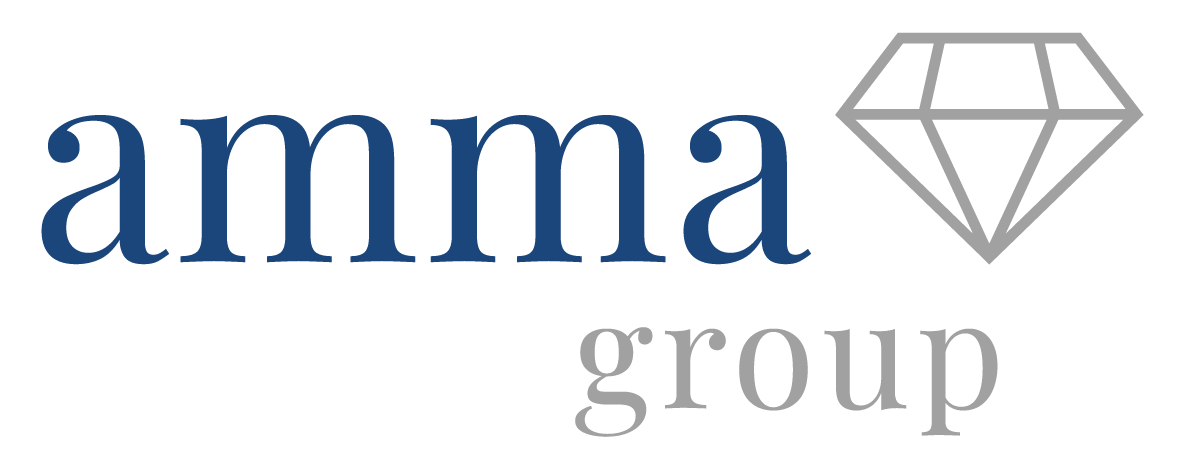With changes in the major watch & jewellery fairs, just how important is brand diagnosis?
In July we wrote about the impending changes to MCH Group, organisers of Baselworld. Since then Baselworld has been shelved and replaced by HourUniverse. Described as ‘a new hybrid platform for the watch, jewellery and gemstone industries,’ with one live show to be held in Basel each year, the new approach and platform is a result of ‘industry feedback and current challenges’ facing the world. But is this a knee-jerk reaction to the loss of some major brands from the show? Certainly consumer feedback is integral to any strategic decision-making, however any expert in strategy will tell you that effective diagnosis and the subsequent tactical implementation should never be rushed.
No greater example of the effectiveness of diagnosis comes from Gucci. In 2004, after the departure of Tom Ford and Domenico De Sole, Gucci Group sent shockwaves around the world of luxury by appointing Robert Polet as its new CEO. Previously from Unilever, the headlines read ‘What do frozen fish and ice cream have to do with $8,000 crocodile handbags? Robert Polet is about to find out.’ Gucci Group made a seemingly unthinkable move and chose talent and ability over knowledge of the market, trusting that Polet would use his skill to do the appropriate diagnosis in order to create a strategy and implement it. Many scoffed not only at his appointment but also at his start date - July 1st, just as the entire European luxury industry was heading off on holiday! But whilst the luxury industry was sleeping Polet was doing his diagnosis, giving him time to think, learn and understand. He appreciated that proper diagnosis takes time and it was this ability that enabled him to double revenues and triple profits.
We very much hope that we are wrong, but we suspect that Baselworld under its new guise of HourUniverse will result in little change.
Credit MCH Group


